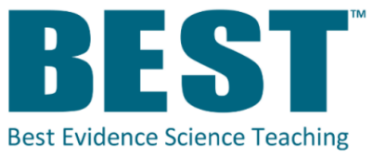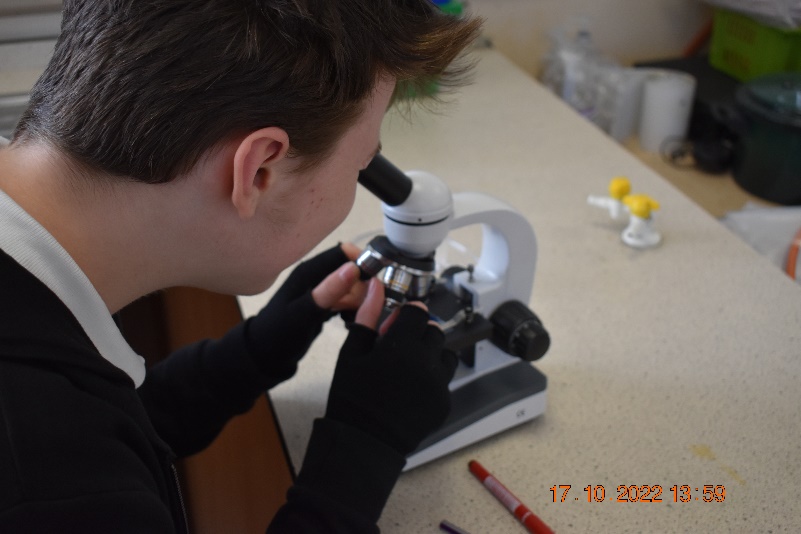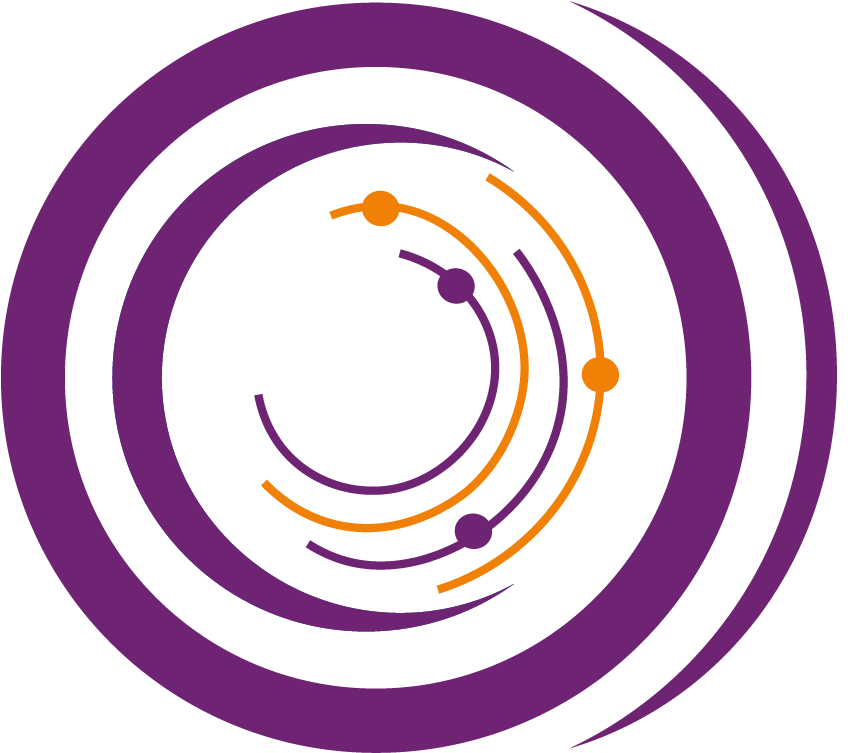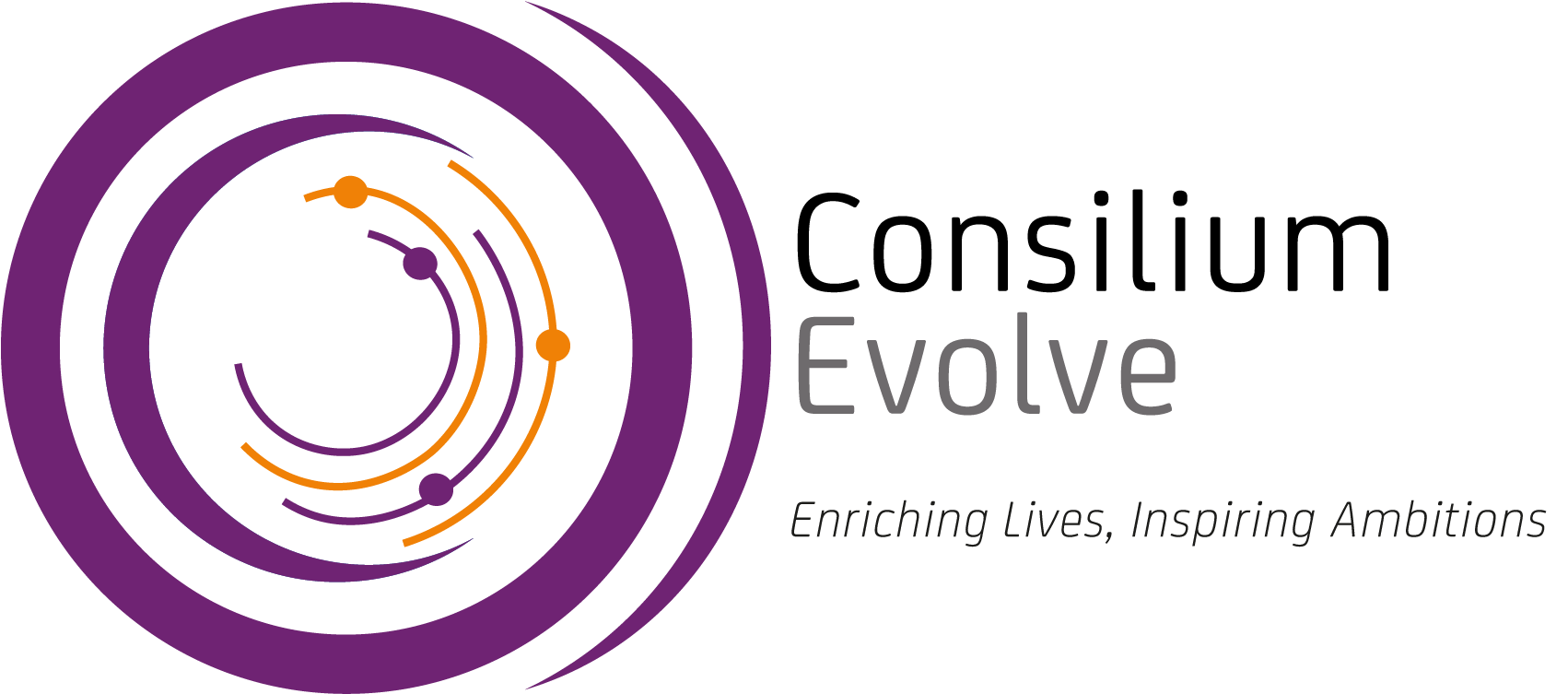Science, Technology, Engineering, Maths and Vocational (STEM-V)
The fundamental aim of our STEM-V curriculum is to expand students’ minds and skill sets. Our curriculum aims to respond to the needs of the local labour market and allow students to explore potential career opportunities at both a regional and national level whilst engaging with, and striving to solve, real-life problems.
STEM subjects aim to promote a culture of learning that builds persistence , collaboration, critical thinking, problem solving, communication and independence in every student. Through the study of STEM-V subjects, students are encouraged to be independent learners, to be curious about their world and creative in response problem-solving activities.
At Evolve, STEM-V subjects are Science, Maths, Design Technology and ICT and, within these subjects students can achieve a wide range of qualifications including GCSE Combined Science, GCSE Maths, Level 1 and Level 2 Functional Skills qualifications in Maths and Digital and GCSE Design Technology. They can also access a range of AQA Unit Awards which will build up a portfolio of certificates to evidence students’ skills, knowledge and experience across the STEM subjects .
Maths:
Our Key Stage 3 students follow the National Curriculum Programme of Study for Maths. The design of our curriculum has been built using NCETM mastery guidance and ensures that foundational knowledge is built upon. This reinforces a fundamental way of thinking about Maths concepts so that deeper understanding becomes an extension of what is already well-understood. These concepts are further developed as students progress to Key Stage 4 and begin to study GCSE Maths.

Our Maths curriculum provides students with the opportunity to engage with emotional and experiential learning activities that allow them to see mathematical concepts in action.
Science

At Key Stages 3 and 4, our Science curriculum follows the Best Evidence Science Teaching (BEST) model which has been developed by York University from the leading research evidence into effective science teaching. Students study a sequence of key concepts that aim to build understanding across Biology, Chemistry and Physics with interleaving, cross-curricular topics leading to deep understanding. These key concepts are detailed below:
|
Biology |
Chemistry |
Physics |
|
The cellular basis of life Heredity and life cycles Health and disease Organisms and their environments Variation, adaptation and evolution |
Particles and structure Chemical reactions Substances and properties Earth chemistry Dynamic earth |
Forces and motion Electricity and magnetism Earth in space Sound, light and waves Matter
|

In Science lessons, students are regularly provided with the opportunity to carry out practical experiments in a designated Science laboratory in Thornhill Academy, the school to which we are attached. These practical experiments provide students with hands-on learning experiences, allowing them to engage directly with scientific concepts. Through these learning experiences, students develop essential, transferable practical skills such as observation, measurement, data collection and analysis. They also enhance understanding and retention of knowledge as well as stimulating curiosity and interest in science subjects. Active participation in experiments encourages students to think critically, make predictions, and explore the natural world around them.
STEM
Our Key Stage 3 students study Design Technology and our curriculum reflects the National Curriculum Programme of Study for DT. Through a variety of creative and practical activities, using a wide range of materials and assembly processes, students are taught the knowledge, understanding and skills needed to engage in an iterative process of designing and making. During Design Technology lessons, students are provided with real-life design briefs to respond to, providing them the opportunity to work in a range of domestic, local and industrial contexts all with a careers focus, bringing learning to life.

Within STEM, students are also taught how to cook and apply the principles of nutrition and healthy eating. Learning how to cook is a crucial life skill which will enable students to feed themselves and others affordably and well, now and in later life. During practical lessons, we discuss food hygiene, food storage, knife safety, portion sizes, packaging and waste and the associated environmental impact. Students also learn about factors that affect food choice such as geographical location, climate and religion all of which contributes to a deep understanding of what we eat.
As with all STEM subjects, within food and cookery lessons, we aim to promote independent learning and retention through purposeful activities where students learn through thinking and doing.
At Key Stage 4, our students study GCSE Design Technology which incorporates elements of Science, Maths and Art. This interdisciplinary approach provides holistic understanding of how different subjects intersect and complement each other. This also provides an excellent opportunity to further develop our Expeditionary Learning curriculum, promoting understanding of social impact and responsibility which form part of the citizenship curriculum. The creative nature of DT encourages students to think outside of the box and come up with innovative solutions to design problems. It promotes imagination and allows students to express themselves artistically through their designs. Whilst studying DT, students gain insights into different materials, manufacturing techniques and technological processes. This knowledge is valuable not only in the field of design but also in related industries such as engineering and manufacturing. The skills acquired through studying DT are highly transferable and applicable to a wide range of careers, many of which are within growth industries locally and nationally.
During their STEM lessons, our year 10 and year 11 students also study Level 1 Digital Functional Skills. This qualification allows students to demonstrate an understanding of, and competency in, the digital functional skills they need in real life. It enables students to engage with digital services and products in everyday life and, as such, supports all students in their next steps in their academic journey.
Studying STEM subjects equips students with a diverse set of skills, knowledge and experiences that are invaluable both inside and outside of the classroom.




